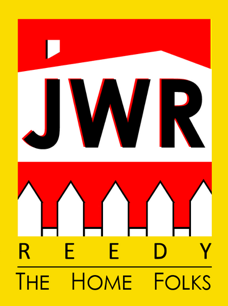WHAT IS A SHORT-SALE?
A short-sale describes a particular type of home sale transaction. When the remaining mortgage amount on a house is MORE than the current value of that house (the debt exceeds the value) that homeowner is often referred to as being “upside-down” or “underwater” on their loan. If a seller is in this situation and is unable to pay their mortgage payments, selling in a traditional sale is not an option. It would require finding a buyer willing to pay ABOVE current market value.
So what happens when a seller is upside-down on their home, yet they have to sell? In most cases they sell by “short-sale.” The term short-sale refers to the fact that the sale will not produce enough cash to pay off the home and cover the cost of selling…the seller is coming up “short.” In that situation the seller is asking the lender that holds the mortgage on the property (typically a bank) to allow the sale to proceed AND to forgive the remaining debt. Be aware, these are two very different issues.
APPROVING THE SALE
The lender will often allow the property to sell below market, but how far below depends on each individual lender. A Realtor may list a short-sale at a very low price to entice a buyer quickly. The seller may agree to the price and the contract is submitted to the lender for approval. If the price is too low the lender may not approve the sale. In that situation the buyer may negotiate with the lender on the sale price. If a short-sale is listed significantly below market, it can often close for more than the list price.
FORGIVING THE DEBT
The debt or deficiency is the difference between the cash proceeds of the sale and what is owed on the property plus the cost of selling. Sometimes the lender (or lenders if there is more than one mortgage on the property) will forgive the debt completely. Yet other times it may only be forgiven partially and still other times it may not be forgiven at all. This is all part of the negotiating process. But forgiving the debt is not as painless as it sounds. A short-sale transaction will be reflected on the seller’s credit report for about two years and there will most likely be a significant decrease in the seller’s credit score.
SHORT-SALE OR FORECLOSURE
If a homeowner can no longer manage mortgage payments on their property, a short-sale is generally a much better option than having the home taken by the lender in a foreclosure. The road back to credit worthiness after a foreclosure is long and hard, much like a bankruptcy – it wreaks havoc on an owner’s credit for many years to come. In contrast, although a short-sale most likely will result in a reduction on the seller’s credit score, it’s to a lesser degree and the road to rebuilding credit to purchase another property can be as short as 18-24 months.
